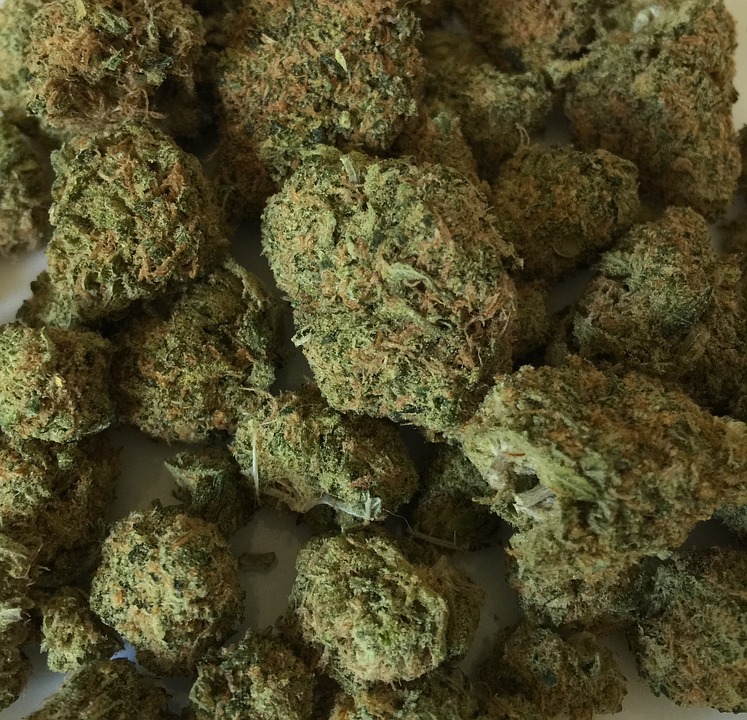Each and every year, an increasing number of Californians are turning to medical marijuana to help ease a multitude of conditions and ailments. But for those not well versed in the area of medicinal cannabis use, the law is often a topic of concern.
While the use of medical marijuana in California has been a reality for some time for those in the possession of a cannabis card, recent developments, such as the passing of Proposition 64 to legalize recreational marijuana in the state, has many people questioning what this means for continued medicinal use.
Since Proposition 215 passed back in 1996, it has been legal to purchase and grow marijuana in California if you have a cannabis card; the most common reasons for doing so being to assist with sleep, nausea, and bodily pain. Obtaining a cannabis card is a relatively simple venture; with online services allowing 24/7 access to doctors who are able to provide a written recommendation within minutes.
Yet even with a valid card, there are certain restrictions which should always be kept in mind. Under Proposition 215, patients are able to obtain whatever amount of marijuana is necessary for their medical needs. However, being in the possession of an excessive amount can still lead to authorities placing you under arrest.
Since January 1st 2016, qualified patients are able to cultivate up to 100 square feet of marijuana for their personal medical use. But just because you are in the possession of a cannabis card, does not mean you are exempt from legal ramifications.

Medical marijuana patients need to be on the right side of the law.
Several cases over the years have placed legal patients in trouble with the law due to various reasons. Questionable recommendations; growing excessive amounts; complaints from neighbors, are all things to keep in mind when growing and consuming cannabis. And for those in rented accommodation, landlords also have the right to disallow the use of marijuana on their premises.
Selling marijuana without a license is not allowed under any circumstance. Further restrictions include the location of the consumption of marijuana. Generally speaking, it is ill-advised to consume cannabis in any kind of public area; being within 1000 feet of a school, or within a no smoking zone, can lead to severe police intervention.
As of November 2016, 28 states and Washington DC have legalized the use of medical marijuana. Nevertheless, as federal laws still deem marijuana illegal, transporting it across state lines is strictly prohibited – even if traveling to another legalized state. So if you and Mary Jane were thinking about taking a road trip together, best to reconsider.
Since the passing of Proposition 64 in November 2016, a common cause for concern among cannabis card holders in California has been how this affects their current rights. The short answer is that if you currently possess a cannabis card, it is still the most effective way of procuring marijuana for medicinal purposes.
Under Proposition 64, Californians are able to grow up to six plants for their personal use, and can purchase up to an ounce without a doctor’s recommendation. However, the general public won’t be able to purchase marijuana in stores until sometime in 2018. So if more than an ounce or immediate use is necessary, a cannabis card is still the way to go.
In addition to this, patients with a state ID card, which can be signed up for with a doctor’s recommendation at county health departments, are eligible for a break in local sales taxes. So while the masses are legally able to consume marijuana in California, those with a cannabis card are still currently at an advantage.

If you consume medical marijuana, knowing your legal rights is essential.
Since the passing of Proposition 64, additional laws and restrictions will be placed upon the distribution and consumption of marijuana, such as the amount of THC (the psychoactive agent within the drug) allowed within edibles. However, as cultivation limits are less stringent for medical marijuana card holders, homemade products are able to be far more potent if desired.
While the law is altogether kinder to those consuming marijuana for medicinal purposes, there are obvious laws which apply no matter how the cannabis has been obtained. While medical patients are legally able to grow whatever they need, driving a car while under the influence, or attempting to transport the drug onto a plane can have serious consequences.
Under Proposition 64, a Californian flying within state with under an ounce will not face any criminal charges, and may even be allowed to fly with it in their possession. With medical marijuana, the same rules apply. TSA are not obliged to allow marijuana through security however, due to being governed by federal law, which provides no basis to treat medical marijuana any differently from non-medical.
If you have been strongly considering obtaining a medical marijuana card, it is still the most effective way to obtain the drug. With greater accessibility and far fewer restrictions than that of recreational use, a cannabis card is a quick and easy application away.
